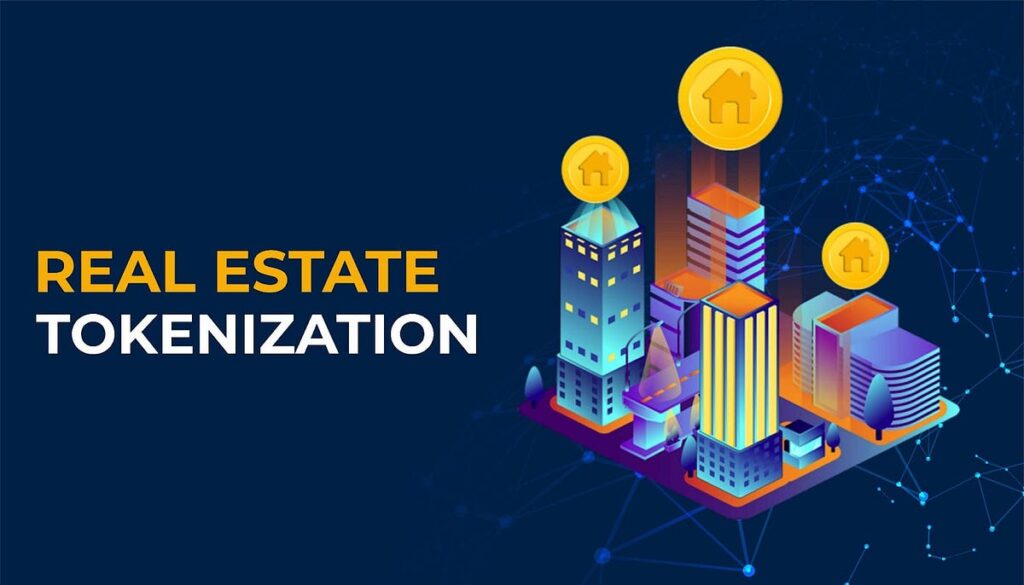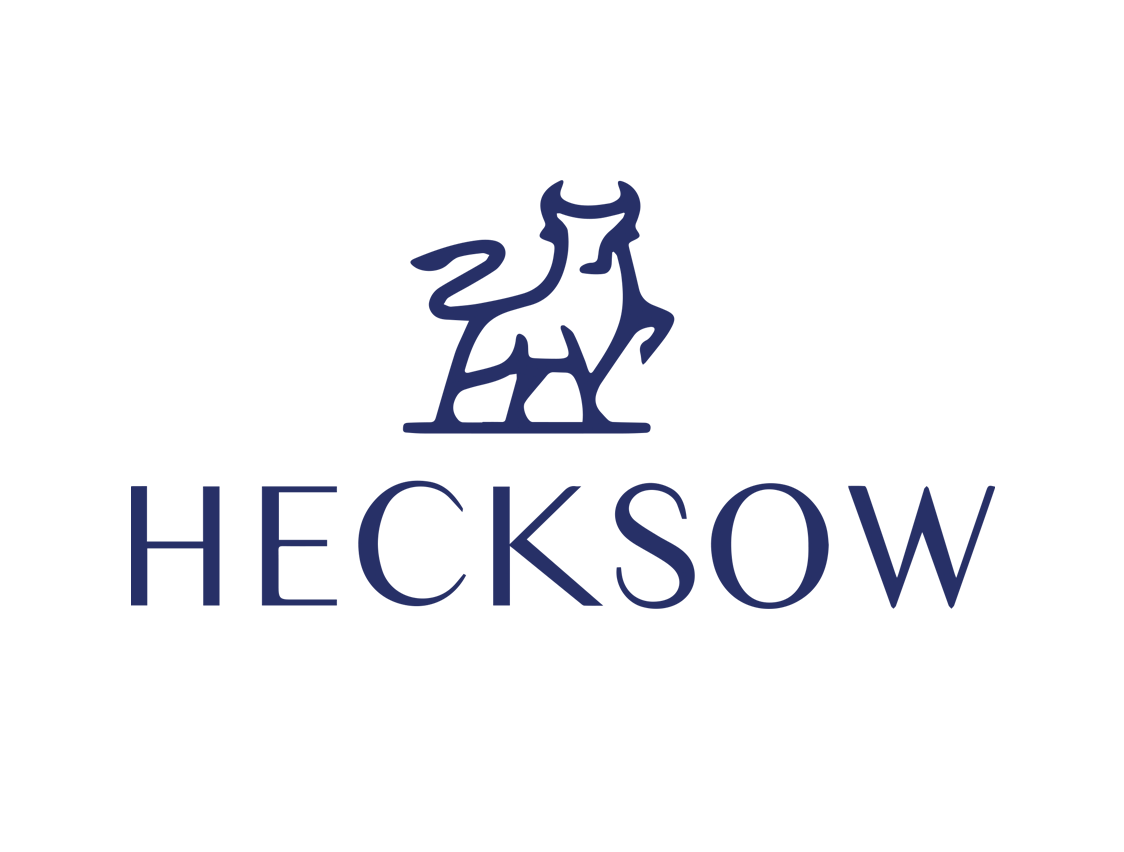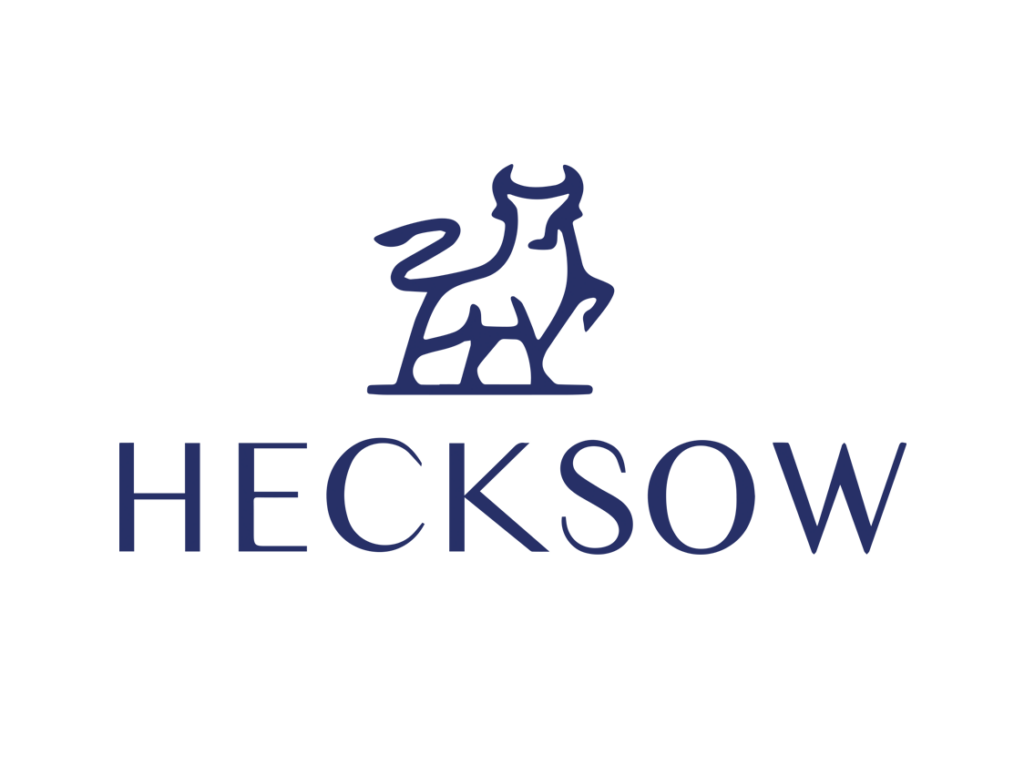In recent years, blockchain technology has emerged as a transformative force across various industries, with real estate being one of the sectors where its impact is most pronounced. Traditionally characterized by its complexity and opacity, the real estate market is ripe for the transparency and trust that blockchain can provide.
This blog explores how blockchain technology is fostering unprecedented levels of trust and transparency in the real estate sector, reshaping how properties are bought, sold, and managed. HECKSOW, committed to integrating these advancements, stands at the forefront, implementing blockchain solutions that redefine real estate transactions.

Understanding Blockchain Technology
Before delving into its applications in real estate, it’s crucial to understand what blockchain is. Blockchain is a distributed ledger technology that allows data to be stored globally on thousands of servers while letting anyone on the network see everyone else’s entries in real-time.
This makes it nearly impossible for one user to gain control of the network or manipulate the information. Each “block” in the chain contains a number of transactions, and every time a new transaction occurs on the blockchain, a record of that transaction is added to every participant’s ledger.
The Traditional Real Estate Market Challenges
The real estate industry involves multiple stakeholders, including buyers, sellers, brokers, lawyers, and more. The traditional processes are often slow and bureaucratic, characterized by:
- Lack of transparency: Traditional real estate transactions can be opaque, with hidden charges and unclear property titles.
- High transaction costs: Numerous intermediaries in traditional real estate transactions result in high costs for buyers and sellers.
- Fraud and errors: The manual process of recording property transactions increases the risk of fraud and human errors.
- Time-consuming processes: The extensive paperwork and back-and-forth communications make real estate transactions lengthy.
How Blockchain Transforms Real Estate
Blockchain technology promises to address these challenges by revolutionizing key aspects of the real estate industry:
1. Increased Transparency
Blockchain creates a decentralized and immutable ledger of all transactions, ensuring that every change in ownership and even minute details of the property’s history are recorded transparently. This transparency helps build trust among parties and reduces the chances of fraudulent transactions.
- Immutable records: Once a transaction is recorded on the blockchain, it cannot be altered, which prevents any tampering with historical data.
- Accessibility: All parties involved in a transaction have access to the same information, which improves visibility and trust.
2. Enhanced Security
The cryptographic nature of blockchain significantly enhances the security of transactions. By securely recording ownership and transaction histories on the blockchain, the technology reduces the risk of fraud.
- Smart Contracts: These are self-executing contracts with the terms directly written into code. Smart contracts automatically enforce and execute the terms of agreements based on predefined rules, reducing the need for intermediaries and the potential for manipulation.
3. Reduced Costs and Increased Efficiency
Blockchain reduces the need for intermediaries such as title companies, brokers, and lawyers, thereby cutting down transaction costs and expediting the process.
- Streamlined transactions: Blockchain can simplify the process of transfers and approvals, reducing the time required to complete real estate transactions.
- Cost-effective: Eliminating the middlemen results in significant cost savings for all parties involved.
4. Tokenization of Assets
Tokenization is the process of converting rights to an asset into a digital token on a blockchain. This can particularly revolutionize real estate investments and ownership.

- Fractional Ownership: Tokenization can lower the barriers to real estate investment, allowing multiple investors to own a percentage of property assets, making investment more accessible.
- Increased Liquidity: Real estate is typically a highly illiquid asset class. Tokenization can increase liquidity, allowing owners to sell parts of their property quickly and without the need for a traditional sale.
HECKSOW’s Integration of Blockchain in Real Estate
At HECKSOW, we leverage blockchain technology to enhance transparency and streamline transactions, making real estate dealings more secure and less cumbersome. By adopting smart contracts and asset tokenization, HECKSOW is not just following trends but setting them, ensuring that our clients benefit from the most advanced solutions in the market. Our commitment to innovation and client satisfaction reinforces why HECKSOW is a leader in the real estate sector.
Blockchain’s potential to add transparency, increase trust, reduce costs, and enhance efficiency in real estate transactions represents a significant shift in how property sales might be conducted in the future. As the technology matures and more stakeholders recognize its benefits, blockchain could become a standard technology underpinning the real estate industry, offering a more streamlined, secure, and equitable marketplace for buyers, sellers, and investors alike. This revolution in real estate not only promises to make transactions more transparent and trustworthy but also makes investing in real estate accessible to a broader audience, transforming the landscape of property ownership and investment.
For those ready to experience the future of real estate, HECKSOW invites you to join us. Let’s build a transparent, trustworthy real estate future together. Discover more about HECKSOW and our blockchain solutions today.




